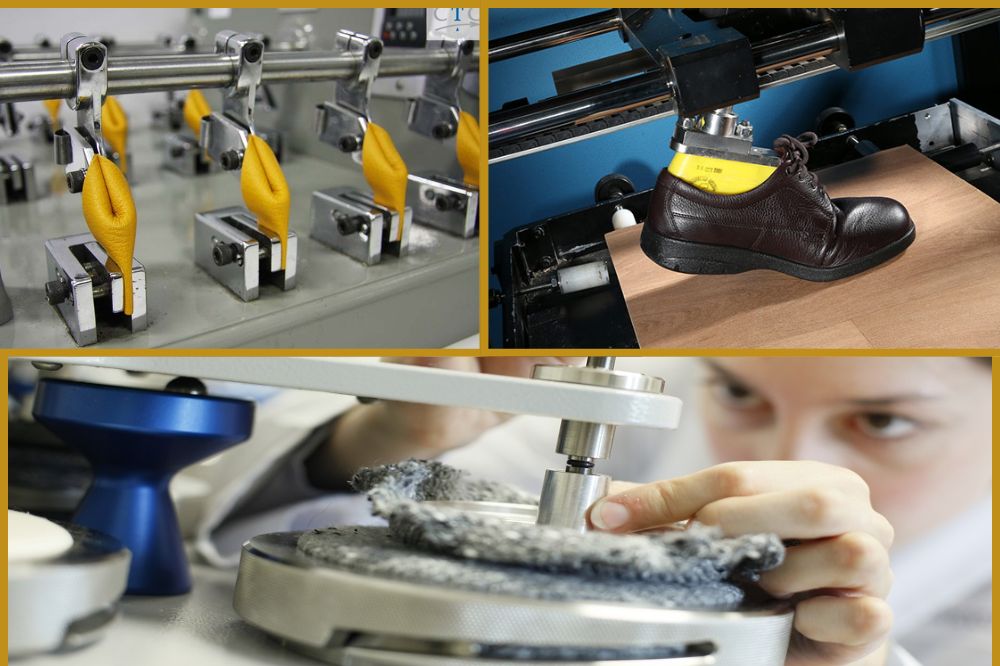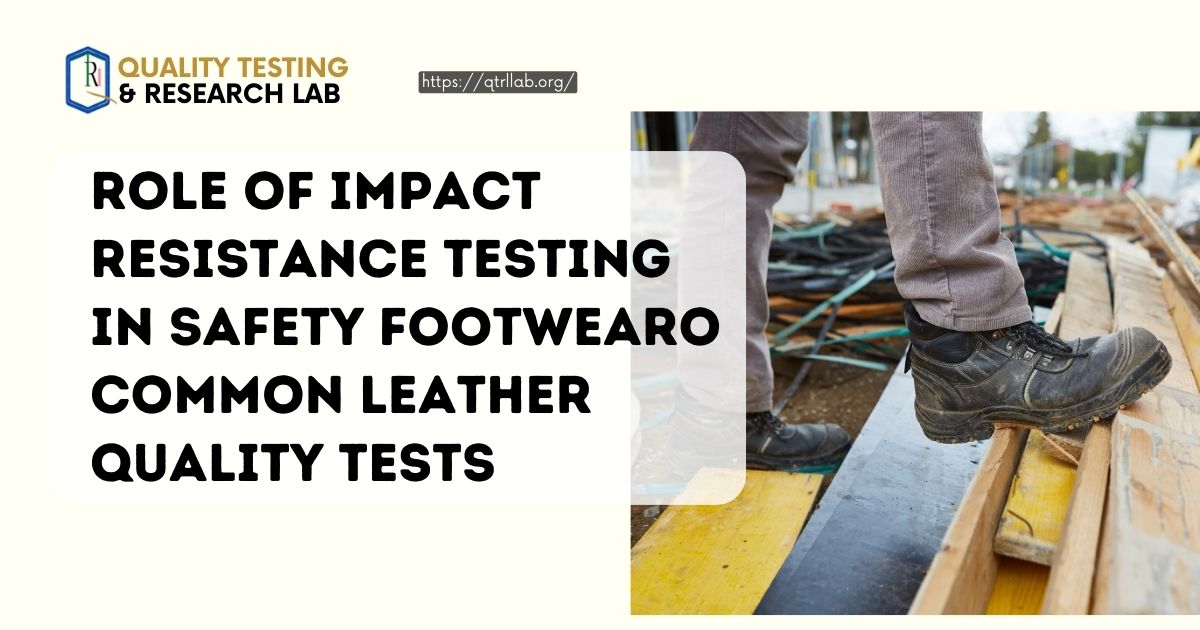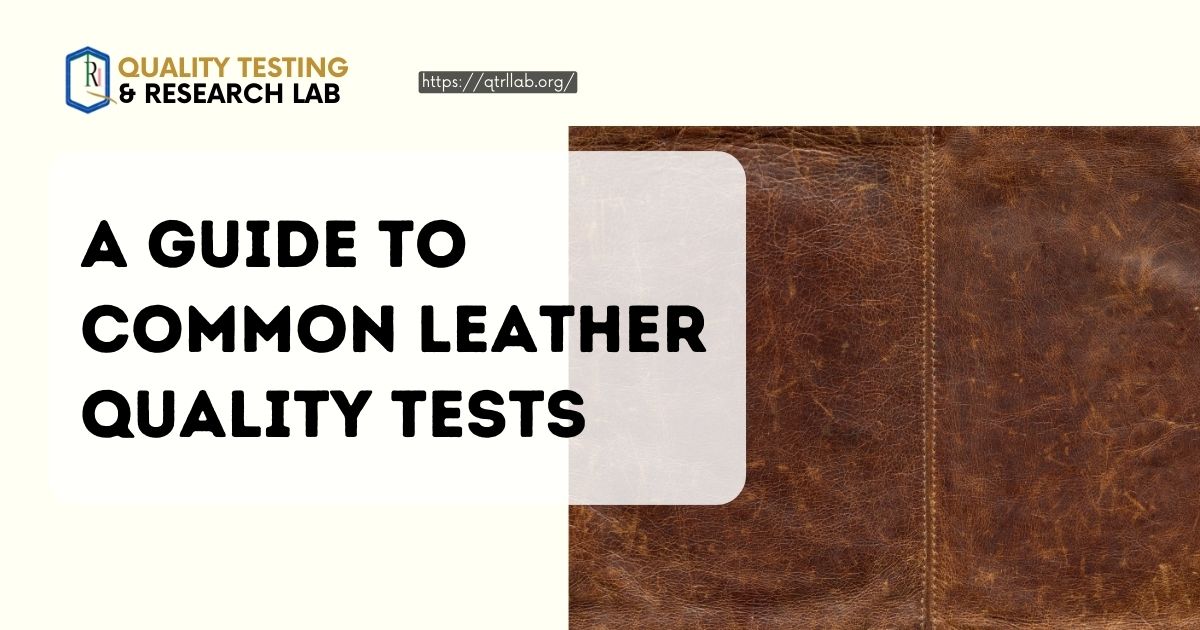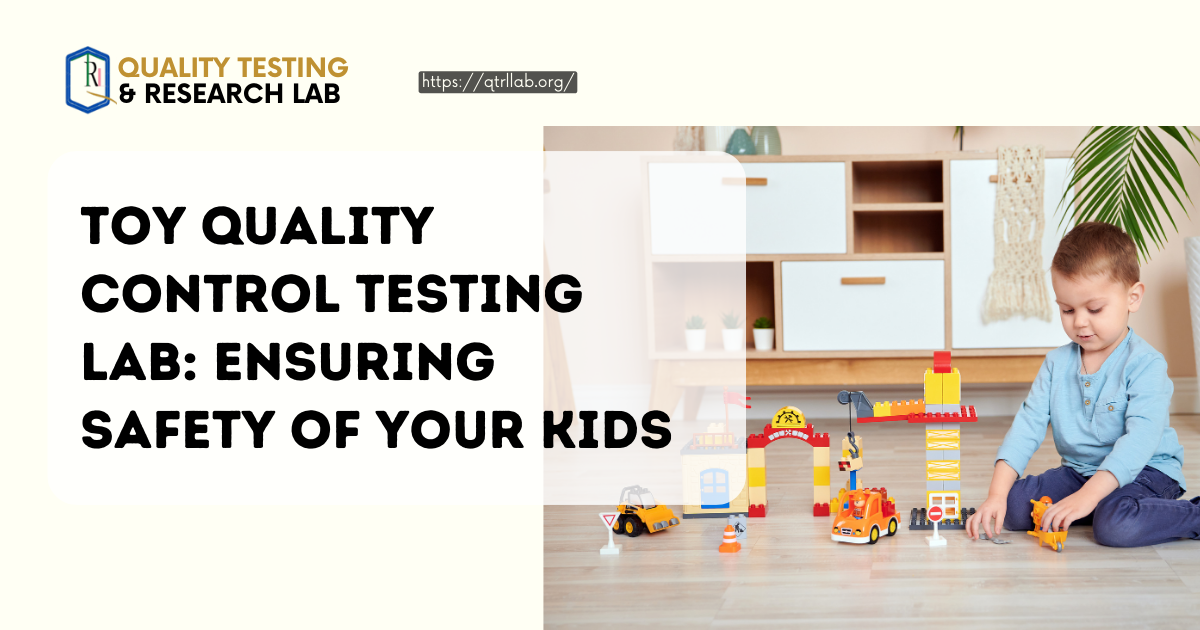Vegan leather, also known as faux leather or synthetic leather, is a popular alternative to traditional animal-based leather. Made from various sustainable materials, vegan leather offers a range of benefits that make it an attractive choice for both consumers and fashion brands. In this article, we will explore the advantages of vegan leather and its contribution to the growth of sustainable fashion.
Cheap, Easy, and Fast to Make
One of the primary benefits of vegan leather is its cost-effectiveness. Unlike animal-based leather, which requires complex and time-consuming processes, vegan leather can be produced quickly and at a lower cost. This makes it a more affordable option for consumers, allowing them to enjoy the look and feel of leather without breaking the bank.
Sustainable Materials
Vegan leather can be made using a variety of sustainable materials, such as plant-based alternatives like pineapple leaves, apple peels, and cork. These materials are renewable and do not contribute to deforestation or harm animal habitats. By opting for vegan leather, consumers can support eco-friendly practices and reduce their environmental impact.
Versatility and Texture
Another advantage of vegan leather is its versatility. It can be manufactured in a wide range of textures and finishes, mimicking the look and feel of various animal-based leathers. Whether you prefer a smooth, glossy finish or a textured, matte appearance, vegan leather offers options to suit different preferences and styles.
Ethical Production
Unlike animal-based leather, vegan leather is produced without harming animals. The use of animal hides in leather production involves the slaughter of animals, which raises ethical concerns for many consumers. By choosing vegan leather, individuals can support cruelty-free practices and contribute to the well-being of animals.
Environmental Friendliness
Vegan leather is also more environmentally friendly compared to traditional leather. The production of animal-based leather involves the use of harmful chemicals, such as chromium salts, which can have a detrimental impact on ecosystems and human health. Vegan leather production, on the other hand, utilizes less toxic substances, reducing the overall environmental footprint.
Durability
Contrary to common misconceptions, vegan leather is highly durable and long-lasting. It is resistant to wear and cracking, making it a practical choice for everyday use. Additionally, vegan leather is stain-resistant and does not fade easily, ensuring that it maintains its appearance over time.
Water and UV-Light Resistance
Vegan leather is designed to be water-resistant, protecting it from damage caused by spills or rain. This feature makes it suitable for various applications, including bags, shoes, and upholstery. Furthermore, vegan leather is also resistant to UV-light, preventing it from fading or deteriorating when exposed to sunlight.
Promoting Sustainable Fashion Brands
The rise in popularity of vegan leather has contributed to the growth of many sustainable fashion brands. These brands prioritize ethical and eco-friendly practices, offering consumers a wide range of stylish and cruelty-free options. By supporting these brands, individuals can contribute to the development of a more sustainable and compassionate fashion industry.
In conclusion, vegan leather offers numerous benefits that make it an attractive alternative to traditional animal-based leather. Its affordability, versatility, and ethical production processes make it a sustainable choice for consumers who are conscious of their environmental impact and animal welfare. By opting for vegan leather, individuals can enjoy the look and feel of leather while promoting a more sustainable and compassionate fashion industry.






